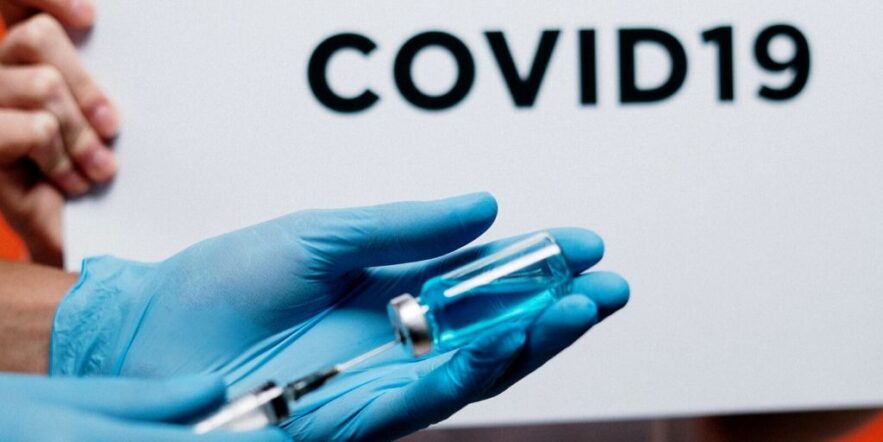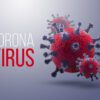The latest drug being studied as a treatment for COVID-19 is Avastin (bevacizumab), a well-known drug indicated to treat the eye disease macular degeneration (age-related) and many different types of cancer, including colorectal, renal cell, cervical and glioblastoma.
Avastin has several serious side effects: hemorrhage, heart attacks, heart failure, and perforations in the intestines, nose and stomach. And now the biologic drug is under investigation for a potential new indication: COVID-19.
Why is a cancer and eye disease drug — one with serious side effects — being looked at as a COVID-19 treatment? Because it may protect COVID-19 patients from the lung fluid build-up caused by pneumonia, a typical secondary disease brought on by coronavirus.
How does Avastin work?
The antibodies in Avastin (a biologic drug given by IV) block abnormal blood vessels (like cancer cells) from forming. COVID-19 patients have elevated levels of vascular endothelial growth factor (VEGF). Avastin lowers VEGF levels.
In addition, severe and critical patients often develop pneumonia-causing fluid in their lungs (pulmonary edema) that can lead to breathing failure. Lowering VEGF levels has been shown to hold off fluid in the lungs, potentially reducing the death rate for COVID-19 patients.
Why do COVID-19 patients have increased VEGF?
One theory is that an increase in VEGF is a result of low oxygen levels (called hypoxia) and inflammation, and that VEGF plays a key role in both as seen in acute lung injury and acute respiratory distress syndrome.
Does Avastin work in COVID-19 patients?
Currently, there are two trials evaluating Avastin for COVID-19, both in China. One will enroll 140 patients with COVID-19 pneumonia and all will receive the biologic. There is no control arm (patients who are equally sick but get a placebo or alternative drug) which will compromise the results. Without a control arm, doctors won’t know if their patients got better because of the drug or would have recovered in any case. Worse, doctors won’t know if more people on Avastin died than those who didn’t get Avastin.
The estimated completion date is the end of June.
The second trial in China testing Avastin will enroll just 20 patients, also with pneumonia, although primary completion will come much sooner – this month.
Avastin might well be a good treatment for COVID-19 patients. It might save lives. But with its serious side effects, doctors need to know that any benefit it offers (fewer deaths by pneumonia) won’t cause equal harm (death by hemorrhage or heart attack). The only way to determine this is to compare Avastin to either a placebo or another drug (a control group). When clinical trials are allowed to proceed with no control group to compare to, the results are nearly impossible to understand. Until double-blind, placebo-controlled trials — the “gold standard” for drug studies — are conducted in Avastin and in a large number of patients, the true benefit of the drug in patients with COVID-19 will not be fully known.






